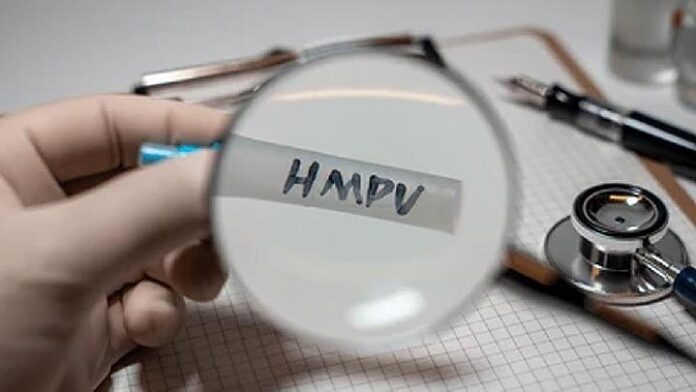A two-month-old infant from Rajasthan’s Dungarpur, who tested positive for Human Metapneumovirus (HMPV), has recovered after receiving treatment in Ahmedabad. The child is now stable and ready for discharge, according to Dr. Nirav Patel of Orange Children Hospital.
Health Minister’s Statement
Gujarat Health Minister Rushikesh Patel confirmed the case in a press statement, noting this as the third recorded HMPV case in India, following two cases reported in Karnataka. The infant had been referred to Ahmedabad after initially being treated in Sarwar.
“This (HMPV) has been detected in a 2-month-old child who came from Rajasthan’s Dungarpur to Sarwar. The child has been referred from Sarwar to Ahmedabad. We are following the do’s and don’ts that were used during COVID, and SOPs will be issued by the state government,” said Rushikesh Patel.
Doctor’s Explanation of HMPV
Dr. Patel described the symptoms observed in the infant upon arrival on December 24, which included cold, cough, flu-like symptoms, and slight breathing difficulties.
“The 2-month-old infant had come to us around 24th December with cold, cough, flu-like symptoms. Along with that, the child had a little breathing difficulty,” Dr. Patel told ANI.
The child was promptly treated and responded well to the care provided. Dr. Patel emphasized that HMPV is not as severe as COVID-19 and is generally a self-limiting infection.
“This is not corona-like virus…as ICU practitioners we have seen similar viruses in the last few years and we treat them accordingly. We should do routine care, if cold, fever persists for more than 2-3 days then kindly visit your doctor, paediatrician,” he explained.
Public Reassurance
The state health minister assured the public that there is no need for panic. Precautionary measures, similar to those implemented during the COVID-19 pandemic, are being followed.
“The state government is taking all precautionary measures and following procedures similar to those used during the COVID-19 pandemic,” Rushikesh Patel said.
Dr. Patel recommended basic hygiene practices like frequent handwashing and monitoring symptoms. He also noted that routine tests are generally unnecessary for this benign infection, as it typically resolves within 4–5 days.
The case highlights the importance of vigilance in detecting and managing rare viral infections, while also underscoring the efficacy of prompt medical care and public health measures.


